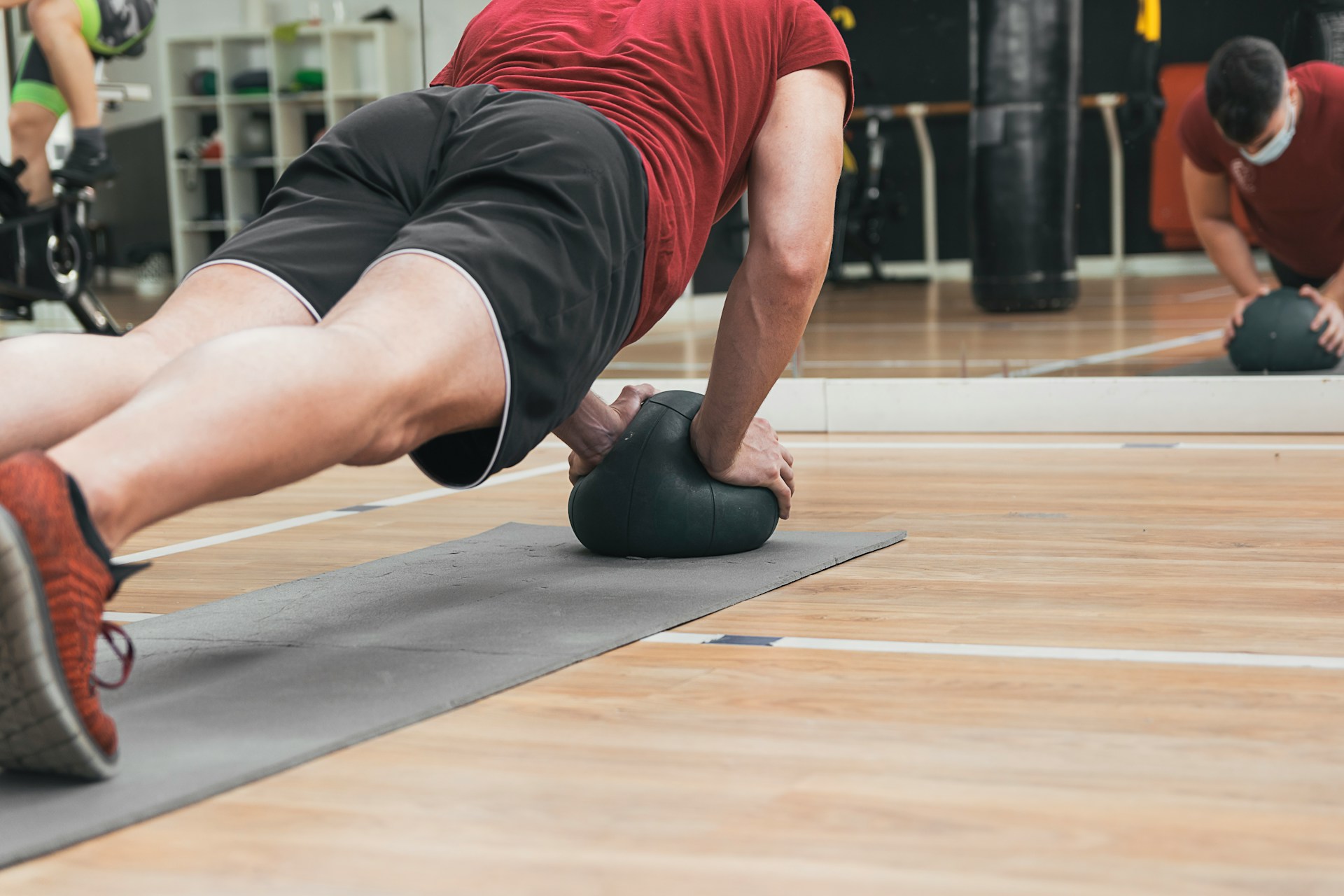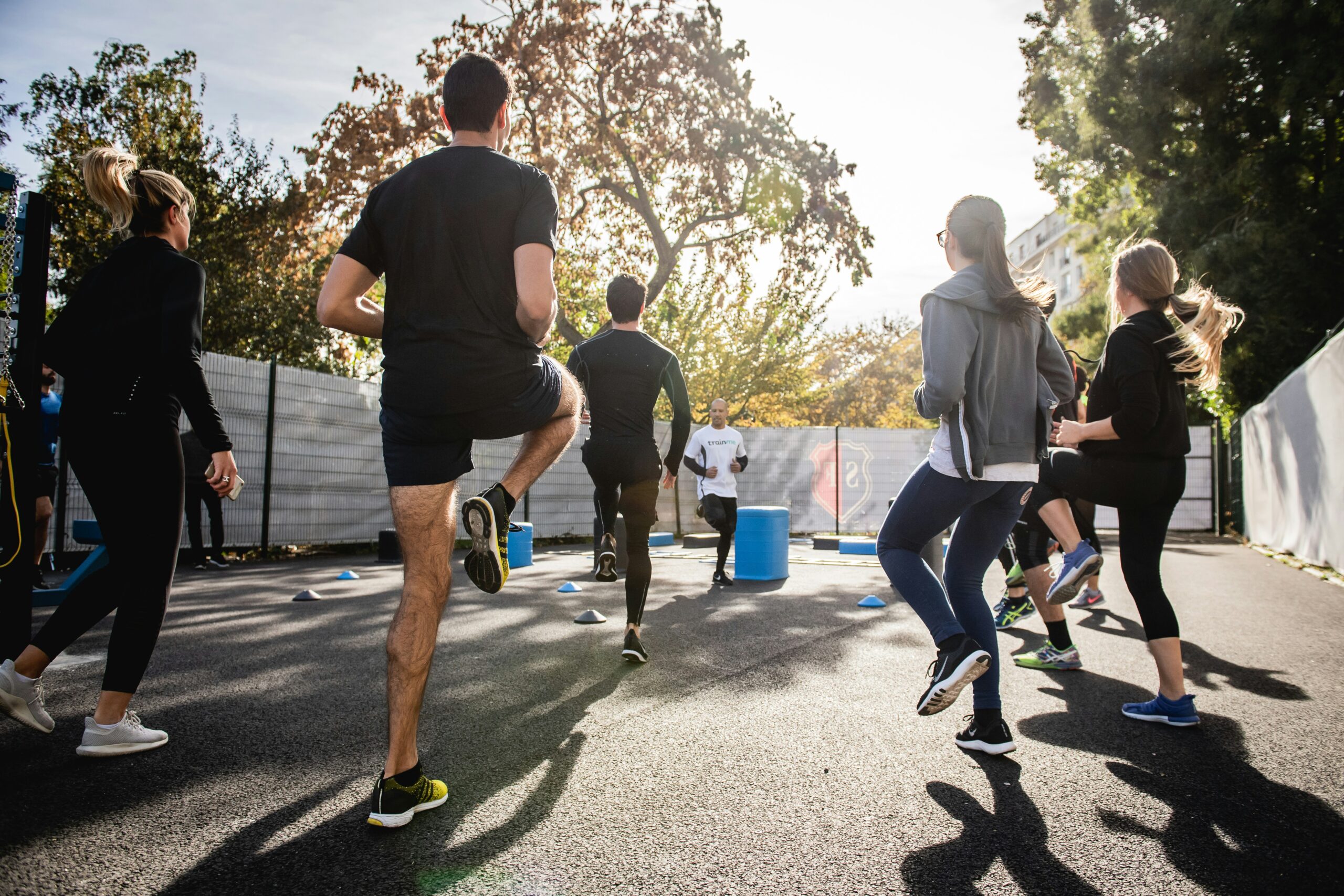When you’re walking to burn calories, two things matter most—your weight and the distance you walk. Here’s a simple guide:
- If you weigh 180 pounds, you’ll burn about 100 calories walking one mile.
- If you weigh 120 pounds, expect to burn around 65 calories for the same distance.
(Herrmann SD, Willis EA, Ainsworth BE, et al. 2024 Adult Compendium of Physical Activities)
Want to know how many calories you burn based on your weight and pace? From a short mile to a full marathon (26.2 miles), we’ve got the details for you. Keep reading to find out more about your calorie burn!
Walking and Calories Burned
Ever wondered how many calories you burn while walking? Here’s a handy guide based on your pace and weight.
For People Who Weigh Between 120-140 Pounds
Moderate Pace (3 mph):
- 15 minutes: 50 calories
- 30 minutes: 100 calories
- 1 hour: 200 calories
Fast Pace (4-5 mph):
- 15 minutes: 95 calories
- 30 minutes: 185 calories
- 1 hour: 370 calories
Uphill (3.5 mph):
- 15 minutes: 90 calories
- 30 minutes: 180 calories
- 1 hour: 355 calories
Up Stairs (3 mph):
- 15 minutes: 120 calories
- 30 minutes: 240 calories
- 1 hour: 500 calories
Downhill (2.5 mph):
- 15 minutes: 40 calories
- 30 minutes: 85 calories
- 1 hour: 165 calories
For People Who Weigh Between 140-160 Pounds
Moderate Pace (3 mph):
- 15 minutes: 60 calories
- 30 minutes: 112 calories
- 1 hour: 225 calories
Fast Pace (4-5 mph):
- 15 minutes: 100 calories
- 30 minutes: 214 calories
- 1 hour: 430 calories
Uphill (3.5 mph):
- 15 minutes: 102 calories
- 30 minutes: 204 calories
- 1 hour: 408 calories
Up Stairs (3 mph):
- 15 minutes: 130 calories
- 30 minutes: 275 calories
- 1 hour: 545 calories
Downhill (2.5 mph):
- 15 minutes: 50 calories
- 30 minutes: 95 calories
- 1 hour: 190 calories
For People Who Weigh Between 160-180 Pounds
Moderate Pace (3 mph):
- 15 minutes: 65 calories
- 30 minutes: 127 calories
- 1 hour: 255 calories
Fast Pace (4-5 mph):
- 15 minutes: 120 calories
- 30 minutes: 245 calories
- 1 hour: 485 calories
Uphill (3.5 mph):
- 15 minutes: 115 calories
- 30 minutes: 230 calories
- 1 hour: 465 calories
Up Stairs (3 mph):
- 15 minutes: 155 calories
- 30 minutes: 310 calories
- 1 hour: 620 calories
Downhill (2.5 mph):
- 15 minutes: 54 calories
- 30 minutes: 110 calories
- 1 hour: 215 calories
Keep this guide handy for your next walk! A little movement each day can make a big difference.
Walk Smart Track Every Calorie Burned
To track the calories you burn while walking, there are several tools to choose from:
- Apps like MapMyWalk or Strava
- Fitness trackers and wearable bright rings
- Built-in phone step trackers that connect to fitness apps
- Electronic pedometers that track steps, distance, heart rate, and calories (check manufacturer details to ensure calorie tracking)
Why You Should Make Walking a Part of Your Exercise Routine
Walking is a fantastic way to boost your physical and mental health. Moving your body daily can improve brain function, strengthen bones and muscles, and lower your risk of chronic diseases like cancer, heart disease, and diabetes. It also enhances sleep quality, memory, and focus while helping to reduce blood pressure, arthritis pain, and the risk of osteoporosis.
For your mental well-being, walking can ease symptoms of depression and anxiety. Both moderate and intense walking have been shown to improve mental health and reduce negative emotions.
You’ve probably heard the advice to walk 10,000 steps a day. However, recent research suggests you don’t need to hit this number to enjoy health benefits. Studies have found that aiming for 7,000-9,999 steps daily can significantly lower your risk of early death. For example, middle-aged adults who walked this amount had a 50% to 70% lower risk of dying from any cause than those who walked less than 7,000 steps daily.
In short, move from a sedentary lifestyle (less than 5,000 steps) to a more active one (7,000-9,999 steps) to increase your life expectancy and improve overall health.







